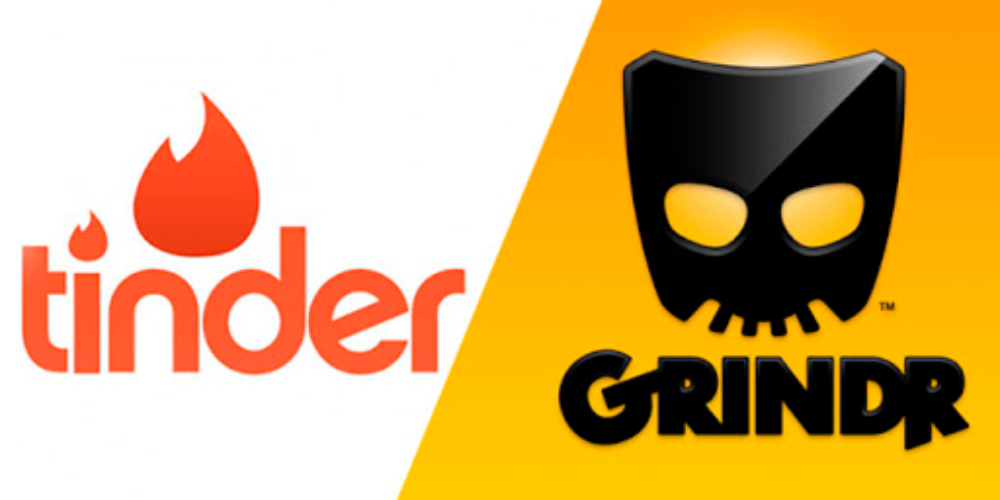Introduction
In the ever-evolving landscape of digital dating, two titans have consistently dominated the scene: Bumble and Hinge. As we edge closer to 2024, the question on every single’s mind is: Which platform offers the golden key to finding love, or at least a decent date on a Friday night? With a landscape more competitive than ever, it’s crucial to dissect what sets these apps apart and which might be your best bet for sparking a connection that lasts longer than your phone battery.
Bumble Puts Women First: A Game-Changer in Online Dating
- Women Make the First Move: Central to Bumble’s philosophy, this feature empowers women to initiate conversations, setting a tone of respect and consent from the start.
- 24-Hour Message Window: Bumble encourages timely interaction by giving women 24 hours to send the first message, promoting active engagement.
- Bumble Boost & Bumble Premium: With these subscription options, users can see who has liked their profile, extend matches, and rematch with expired connections.
- Safety Measures: Bumble prioritizes user safety with features like photo verification to combat catfishing and harassment.
- Versatile Platforms: Beyond dating, Bumble offers Bumble BFF for finding friends and Bumble Bizz for professional networking, broadening the app’s use.
- Innovative Communication: Bumble supports various forms of interaction, including video and voice calls, allowing users to connect more deeply before meeting.
- User-Friendly Interface: Designed for ease of use, Bumble’s interface facilitates a smooth dating experience, making it accessible for users of all tech-savviness levels.
- Community and Respect: Bumble fosters a community where respect and kindness are paramount, reflected in its user conduct guidelines and features encouraging positive interactions.
In the digital quest for love, Bumble sets itself apart with a women-first approach, fundamentally changing the dynamics of online dating. On this popular dating app, women make the first move, a policy that not only empowers women but also significantly reduces unwanted messages. This unique feature has positioned Bumble as a leading dating platform for those seeking respectful, meaningful connections.
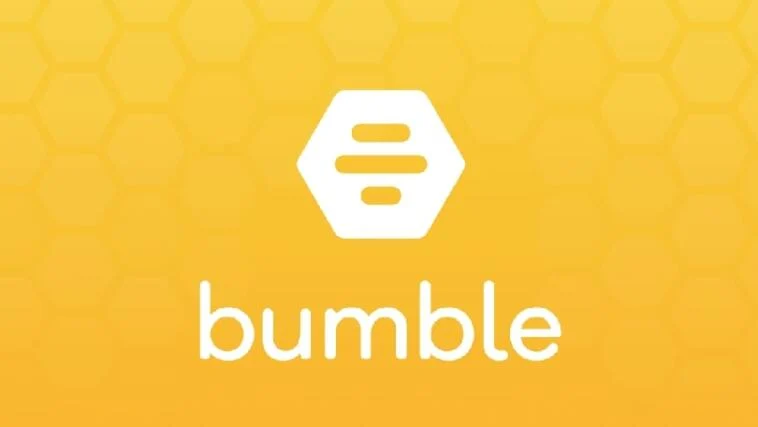
How Bumble’s Message-First Policy Reshapes the Dating Dynamics
By requiring women to send the first message, Bumble flips traditional dating norms on their heads. This approach not only encourages equality right from the start but also makes for a safer, more comfortable dating experience for everyone involved. It’s a standout feature that many dating experts agree makes Bumble a top choice for women on Bumble looking for both casual and serious relationships.
Hinge: Designed to Be Deleted for Those Who Think Hinge Is Better
- Designed to Be Deleted: Hinge’s motto emphasizes its goal of fostering long-term relationships over casual encounters, aiming to get users off the app and into meaningful connections.
- In-depth Profiles: Hinge encourages users to create detailed profiles with photos, prompt answers, and personal anecdotes, which facilitate deeper conversations and more meaningful matches.
- Likes With Comments: Unlike simple swipes, Hinge allows users to like specific parts of someone’s profile and leave comments, making for more personalized and engaging interactions.
- Hinge Preferred Membership: This subscription level offers unlimited likes, additional filters for potential matches, and the ability to see everyone who has liked your profile, enhancing the dating experience.
- Prompts and Questions: Hinge provides creative prompts and questions that users can answer on their profiles, promoting richer storytelling and helping users showcase their personalities.
- Date From Home Features: Acknowledging the importance of safety, Hinge has features supporting video dates, allowing users to get to know each other in a secure environment before meeting in person.
- We Met Feature: Unique to Hinge, this feature collects feedback on dates to improve match quality over time, reinforcing its commitment to creating real connections.
- Focus on Relationships: Hinge targets those looking for serious relationships rather than hookups, setting it apart from other dating apps in the online dating landscape.
Hinge takes a different approach, aiming to get people off the app and into meaningful relationships as quickly as possible—hence its motto, “designed to be deleted.” It’s a refreshing take on the dating app world, focusing on deep connections rather than endless swiping. Hinge offers users the ability to showcase their personality through detailed profiles and engaging prompts, fostering genuine connections from the start.
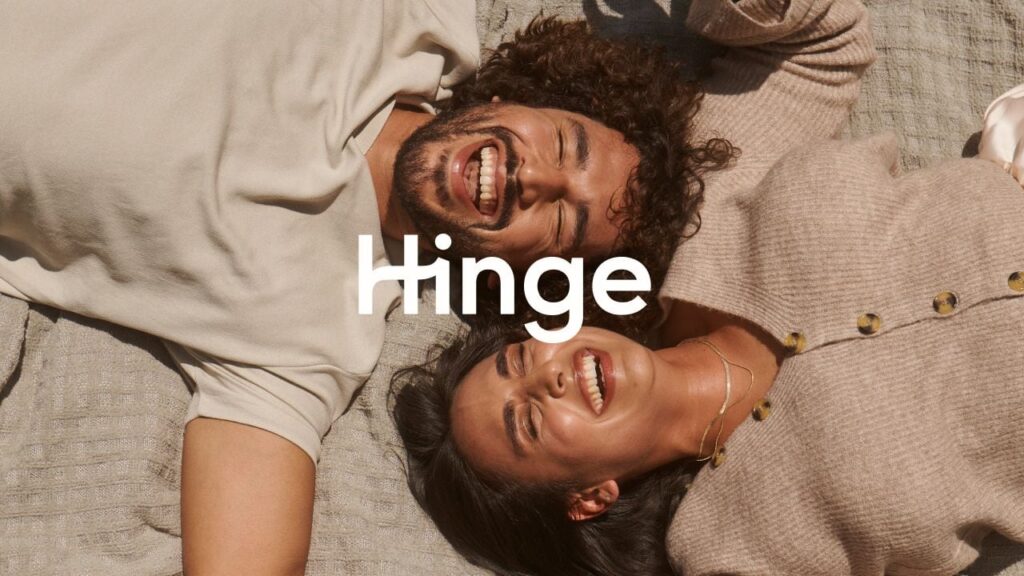
Hinge’s Unique Profile Approach: Beyond the Hookup Culture
Hinge’s profile setup goes beyond the basics, allowing users to not just show photos but also share responses to creative prompts, offering a glimpse into their personalities and life philosophies. This deeper profile dive encourages more meaningful messages and connections, making Hinge particularly appealing to those looking for a serious relationship.
Deep Dive: Hinge vs Bumble Features Face-Off in 2024
Pros and Cons of Hinge and Bumble in 2024
When comparing Hinge vs Bumble, each dating app has its unique strengths and potential drawbacks. Bumble’s women-first messaging and comprehensive features like Bumble Boost and Bumble BFF cater to a wide range of needs, from dating to friendship. However, the 24-hour message limit can be a con for those with busy schedules. Hinge, with its in-depth profiles and “designed to be deleted” ethos, focuses on long-term connections but may require more time investment upfront to build a detailed profile.
Both Bumble and Hinge stand out in the crowded dating app scene by offering more than just a way to meet potential matches; they foster communities where respect and depth in connections are prioritized. As we move into 2024, these platforms continue to evolve, reflecting the dynamic desires of online dating users. Whether you’re a fan of Bumble’s empowering model or Hinge’s relationship-first approach, the choice between Bumble or Hinge depends on your dating style and goals.
Matching on Hinge vs Bumble: Swipe, Match, and Message Mechanics
Hinge vs Bumble: sites revolutionize the way users discover potential matches, each with its unique twist on the swipe mechanic that dominates the online dating landscape.
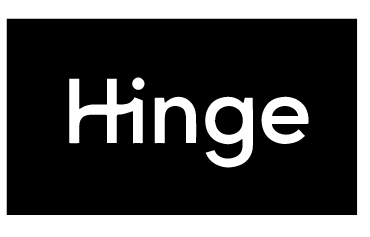
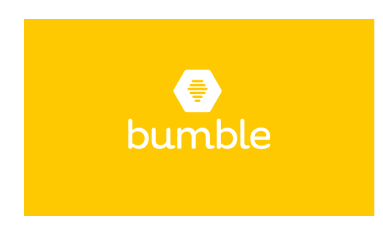
Bumble’s Time-sensitive Connections
Bumble not only puts women in the driver’s seat to send the first message but also introduces a sense of urgency with a 24-hour window for initiating conversation. This feature encourages users to stay active and engaged, making each match potentially more meaningful. However, it can also add pressure, a notable con for those who prefer a more laid-back approach to dating.
Hinge’s Deep Dive into Personality
Contrasting with the swipe-and-go nature of other apps, Hinge encourages users to like or comment on specific parts of someone’s profile, facilitating more thoughtful messages from the get-go. Hinge users often find this approach leads to higher quality matches, as it requires a bit more effort and interaction based on shared interests or standout profile elements.
Premium Features: Hinge Preferred vs Bumble Boost
| Feature | Bumble Boost & Bumble Premium | Hinge Preferred Membership |
| See Who Likes You | Bumble Premium allows users to see who has liked their profile, facilitating easier connections. | Hinge Preferred also lets users see all likes at once, making it simple to gauge interest. |
| Unlimited Swipes/Likes | Bumble Boost offers unlimited swipes, while Bumble Premium extends this with additional features. | Unlimited likes are a key benefit, enabling users to express interest in as many profiles as they wish. |
| Extend Connections | Both Boost and Premium users can extend connections, giving more time to send the first message. | Not directly applicable, as Hinge doesn’t have a time limit on connections. |
| Rematch With Expired Connections | Bumble Premium feature, allowing users to reconnect with past potential matches. | Not necessary on Hinge, as matches don’t expire in the same way. |
| Advanced Filters | Premium users can apply advanced filters for height, exercise habits, etc., to narrow down potential matches. | Preferred members can access more filters, such as education, family plans, and vices, for more precise matching. |
| Spotlight & SuperSwipes | Included with Bumble Premium, these features promote user profiles to increase visibility and show extra interest in someone. | Hinge doesn’t offer similar promotional features but focuses on the quality of connections over quantity. |
| Cost | Bumble Boost starts at around $14.99/month, and Bumble Premium at about $32.99/month, varying by region and subscription length. | Hinge Preferred is approximately $29.99/month, with discounts for longer commitments, prices may vary by location. |
Is the App Better With Hinge Preferred or Bumble Boost?
Hinge Preferred and Bumble Boost both offer users ways to increase their visibility and match potential. With Hinge Preferred, users gain access to unlimited likes and advanced filters, making it easier to find those who meet specific criteria. Bumble Boost, on the other hand, extends match time limits and allows users to see who has liked your profile already, offering strategic advantages in the dating game.

The Future of Dating: What’s Next for Hinge and Bumble in 2024?
As we look towards 2024, both Bumble and Hinge are poised to introduce innovations that could further transform the online dating landscape.
Innovation in Interaction: Will Message Innovations Keep Hinge and Bumble at the Top?
Bumble continues to innovate, introducing features like video calls and voice notes to allow users to communicate more dynamically before meeting in person. Hinge similarly integrates features that foster deeper connections, such as the recent addition of voice prompts, letting users express themselves in more personal and creative ways.
Safety and Community: How Hinge and Bumble Are Setting New Standards
Both apps prioritize user safety, with Bumble leading the charge by implementing photo verification and anti-harassment measures. Hinge also places a high value on creating a respectful community, with its “We Met” feature asking users for feedback on their dates, which helps to monitor and encourage good behavior within the app.

The Verdict: Is Hinge Better Than Bumble or Vice Versa?
Deciding whether Hinge or Bumble is the better dating app for you in 2024 depends largely on what you’re looking for in your online dating experience.
Reflecting on Your Dating Goals: Use Hinge or Bumble?
For those prioritizing quick, respectful, and women-led interactions, Bumble may be the preferred choice. Its innovative approach to messaging and focus on safety and empowerment make it a standout option. Conversely, Hinge’s depth-oriented design and emphasis on creating meaningful connections appeal to users seeking long-term relationships.
Frequently Asked Questions About Hinge and Bumble
1: Which dating app is better for serious relationships, Bumble or Hinge?
Hinge is often marketed as being “designed to be deleted,” emphasizing long-term connections, which makes it a preferred choice for users seeking serious relationships. Bumble, while versatile and offering Bumble BFF and Bumble Bizz features for broader social interactions, also supports serious dating intentions but is more known for its women-first messaging approach.
2: Can I see who likes me on Hinge and Bumble without a premium membership?
On both dating apps, the ability to see who has liked your profile is a feature reserved for premium members. Bumble Premium and Hinge Preferred Membership users can access this feature, allowing for more straightforward connections.
3: What makes Bumble different from other dating apps?
Bumble sets itself apart with its unique feature where women must send the first message, aiming to create a respectful and empowered dating experience. Additionally, its expansion into friendship and networking with Bumble BFF and Bumble Bizz diversifies its appeal beyond just dating.
4: Is Hinge better than Bumble for finding a match based on shared interests?
Hinge’s detailed profiles and unique prompts encourage users to share more about their personalities and preferences, potentially making it easier to find matches based on shared interests. Hinge focuses on fostering meaningful conversations from the start, which can lead to more substantive connections.
5: How does the cost of Hinge Preferred compare to Bumble Boost and Bumble Premium?
The cost of Hinge Preferred is generally in line with Bumble Boost and Bumble Premium, though prices can vary based on location and subscription length. Hinge Preferred often runs around $29.99/month, while Bumble Boost starts at approximately $14.99/month, and Bumble Premium at about $32.99/month. Users should check the latest pricing within the app as they can change and may offer discounts for longer commitments.
6: Can I use Bumble or Hinge without paying for a premium membership?
Yes, both Bumble and Hinge can be used effectively without a premium membership. Premium memberships enhance the dating experience by providing additional features, but users can still swipe, match, and send messages on the free versions of both apps.
7: Do matches expire on Hinge like they do on Bumble?
On Bumble, matches expire if the first message is not sent within 24 hours. Hinge, however, does not have a similar expiration for matches, allowing users more time to send a message and establish a connection.
8: What safety features do Bumble and Hinge offer?
Both dating apps prioritize user safety. Bumble includes features like photo verification and in-app reporting. Hinge also provides robust safety features, including reporting and blocking capabilities and integrating with external safety apps like Noonlight.
More reviews worth reading:
- Coffee Meets Bagel Review 2024
- What is Zoosk: Unveiling the Best Dating App
- 2024 Flirt.com Scam or Not
- Jewish Online Dating Services
- Upward Dating App Review 2024
References:
- Smith, A., & Duggan, M. (2018) “Gender Differences in Online Dating: What Do We Know So Far? A Systematic Literature Review” Academia.edu.
- Finkel, E. J., Eastwick, P. W., Karney, B. R., Reis, H. T., & Sprecher, S. (2020) “Behind the Screens: A Systematic Literature Review of Quantitative Studies on Mobile Dating“ Springer.
- Iyengar, S. S., & Lepper, M. R. (2000). When choice is demotivating: Can one desire too much of a good thing? Journal of Personality and Social Psychology.
- Buckwalter, J. G., Carter, S. R., Forgatch, G. T., Parsons, T. D., & Warren, N. C. (2008). Method and system for identifying people who are likely to have a successful relationship. Patent and Trademark Office
- MonsterMatch. (2019). Dating app algorithms: Learn how the algorithms figure you out in a dating app. MonsterMatch
Contributing Author:
I strongly believe that Hinge and Bumble have great pluses for meaningful communication. Hinge is nice in terms of interface, and the prompts will motivate people to really have meaningful conversations, so the possibility of matching will be meaningful, matching with people whom they really like. On the other hand, Bumble is all about empowerment for women; it’s a platform on which only ladies make the first move, as a further and more subtle way to give them a sense of security and respect. It also offers approved modes for seeking friendships and professional networking. These apps satisfy varied tastes and styles, which are important tools in the modern search for a meaningful relationship.


